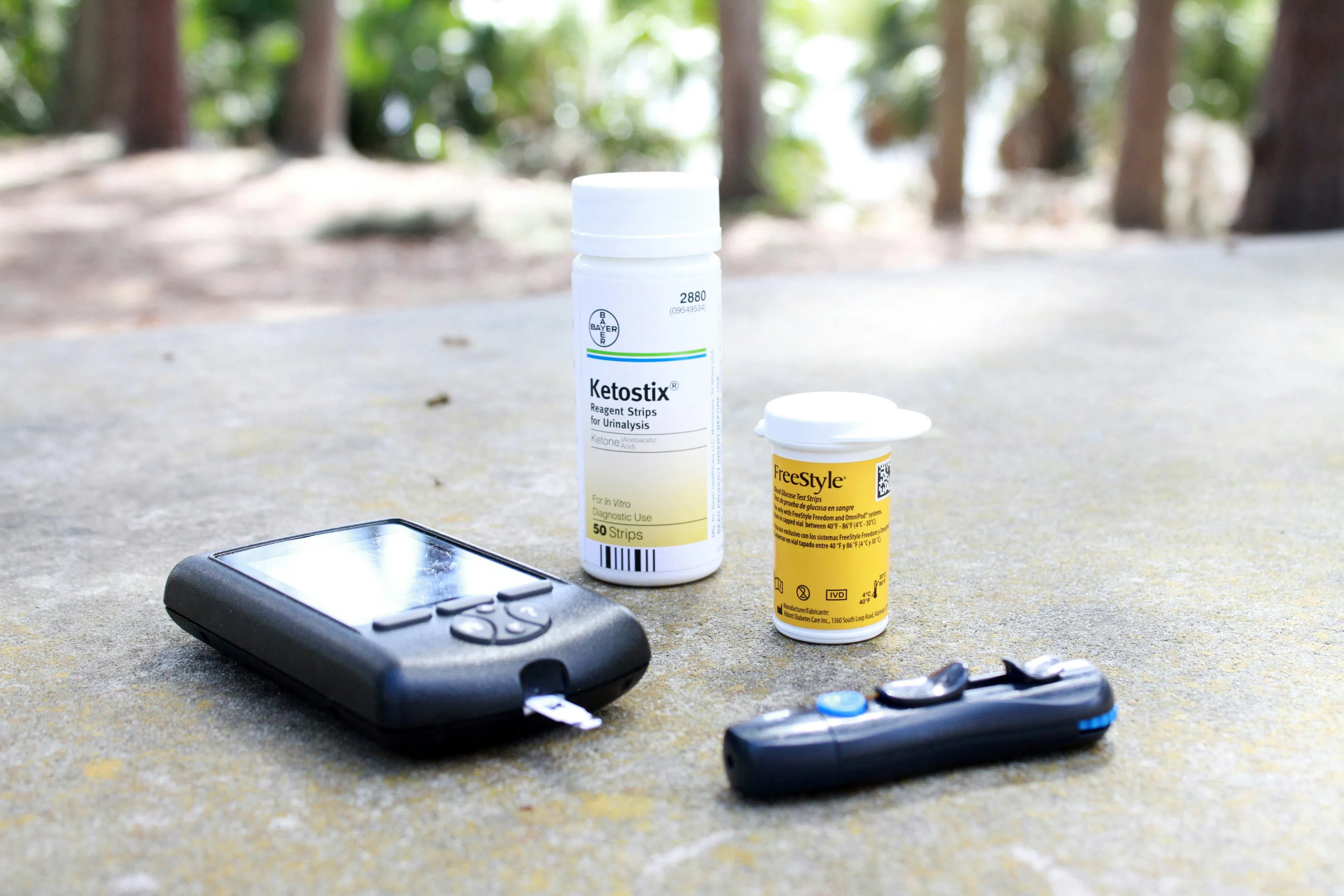Diabetes Canada is welcoming the proposed pharmacare legislation that is currently making its way through parliament.
If passed, a wide range of diabetes medication would be covered, including insulin, which can cost as much as $1,700 per year.
The federal government said it is also looking to set up a separate fund to support access to diabetes devices and supplies.
“Those of us who live with diabetes rely on devices a lot. Those might be continuous glucose monitors, pumps, syringes,” Laura Syron, president of Diabetes Canada, said in an interview.
Around 3.7 million people in Canada, or 9.4 per cent of the population, currently live with diagnosed diabetes, according to federal figures.
The number of people living with diabetes has doubled over the last decade and is expected to continue to increase as Canada’s population ages and grows.
While the specific details are not yet clear, Syron said they know for a fact that many people living with diabetes are concerned about how they will afford their medications, devices, and supplies.
In 2015, one-in-four Canadians with diabetes said following their treatments were affected by cost, in some cases rationing medications to save money.
“If we can really get people to have access to medication and devices and then we know people can afford it, they’re more compliant to stay on their medications,” she said.
Better diabetes management will also lead to fewer complications in the future, said Syron, which in turn will reduce the costs on the health-care system.
She said people with diabetes are at an increased risk for heart attack, stroke, kidney failure, blindness and amputation, among other things.
“If you can access medication now and have devices now that help you control your blood sugar, you really reduce those future risks,” said Syron.
“We know if the people who can’t access it now get that, they have just taken a big step toward improving their quality of life.”






